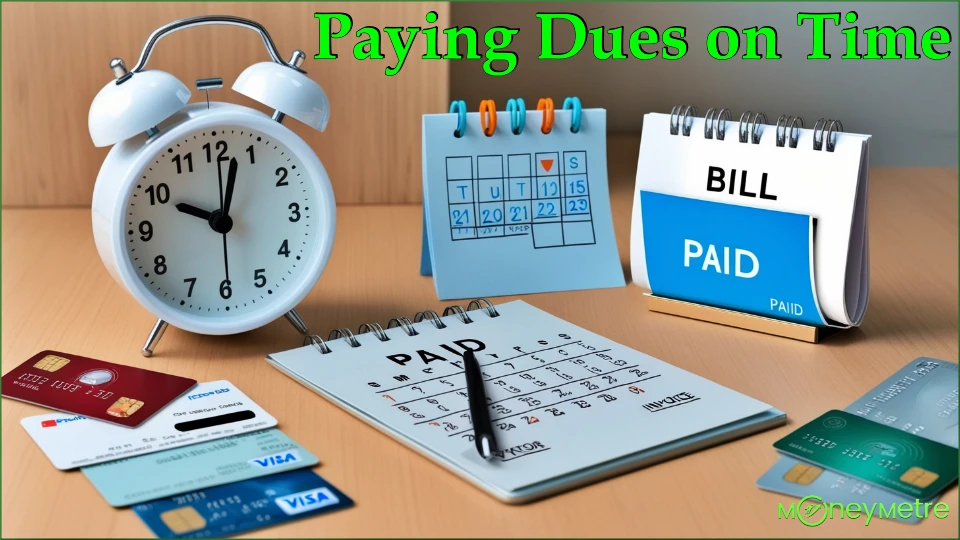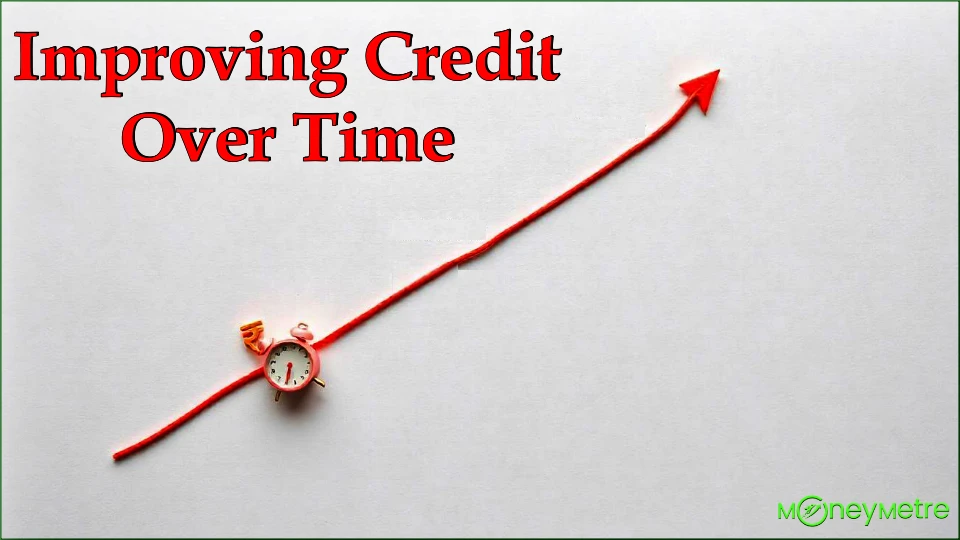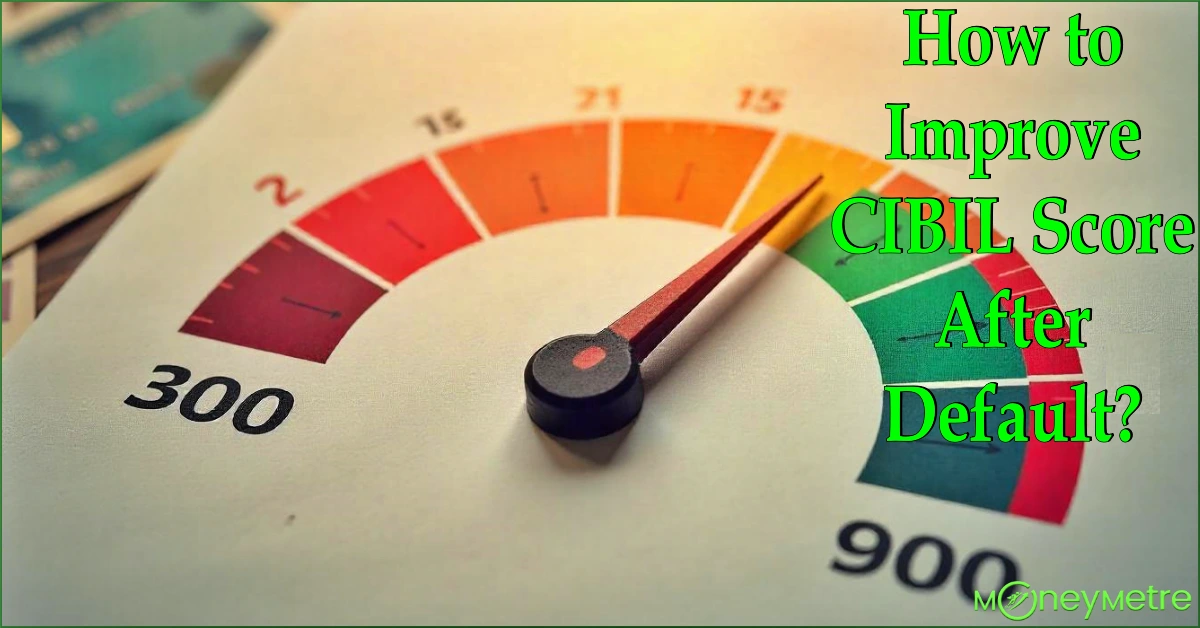Having a good CIBIL score is essential for maintaining a healthy financial profile. However, a single default on a loan or credit card payment can drastically reduce your score, making it challenging to secure future credit.
If you’re looking for how to improve CIBIL score after default, this guide will take you through everything you need to know—from understanding CIBIL scores to practical steps to regain a positive rating.
What is the CIBIL Score?
CIBIL Score (Credit Information Bureau India Limited) is a three-digit numerical representation of an individual’s creditworthiness, ranging from 300 to 900.
This score is derived from an individual’s credit history, which includes past repayments, credit utilization, loan applications, and more.
A higher score generally reflects responsible financial behavior, while a lower score indicates a higher risk for lenders.
Why Is It Necessary to Have a Good CIBIL Score?
A good CIBIL score (typically 750 or above) offers various benefits in India. Here’s why maintaining a good score is important:
- Easier Loan Approvals: Banks and NBFCs (Non-Banking Financial Companies) usually prefer applicants with high scores for loans, as it indicates a reliable borrower.
- Lower Interest Rates: Borrowers with good credit scores may qualify for lower interest rates, reducing the overall cost of loans.
- Better Credit Card Options: A high CIBIL score can help you obtain premium credit cards with better perks and higher credit limits.
- Faster Loan Processing: Banks may process loans more quickly for high-credit-score individuals since the risk assessment is already in their favor.
If you’ve defaulted on a loan or credit card, your score might dip significantly. However, by following some targeted strategies, you can still improve your CIBIL score after default.
How to Improve CIBIL Score After Default?
Improving a CIBIL score after default takes time and consistent effort. Below are some practical steps you can follow to boost your score.
1. Review Your Credit Report Regularly
To start with, obtain a copy of your CIBIL report and check for any inaccuracies. Sometimes, errors such as outdated information, duplicate accounts, or incorrect personal details can harm your score.
- Visit the official CIBIL website to get your report.
- Dispute any inaccuracies promptly through CIBIL’s dispute resolution process.
2. Clear Outstanding Dues
If you have any remaining dues or pending payments, try to clear them as soon as possible. Prioritize high-interest loans or credit cards, as these carry the heaviest impact on your score.
- Settle any old defaults by contacting lenders and negotiating for a settlement if full repayment isn’t feasible.
- Request a ‘No Dues’ certificate from lenders once payments are cleared.
3. Make Timely Payments

Timely payment of loans and credit cards is crucial for improving your CIBIL score. Ensure you’re paying at least the minimum due amount on credit cards and make EMI payments on or before the due date.
- Set up automatic payments from your bank to avoid missing due dates.
- Keep a calendar reminder to ensure you’re always on track with your bills.
4. Keep Your Credit Utilization Low
Credit utilization is the ratio of your credit card balance to your total credit limit. It’s ideal to maintain this ratio below 30%.
- If you have a ₹1 lakh credit limit, try to keep your outstanding balance below ₹30,000.
- Request an increase in your credit limit, if possible, which can automatically lower your utilization rate.
5. Avoid Multiple Loan Applications
Each time you apply for a loan or credit card, the lender makes a hard inquiry into your credit report, which temporarily lowers your score. Applying for multiple loans or cards within a short period makes you look credit-hungry.
- Limit credit applications and only apply when absolutely necessary.
- Consider waiting a few months before applying again, especially if you’ve recently been denied credit.
6. Opt for a Secured Credit Card
A secured credit card, typically issued against a fixed deposit, can be a useful tool for rebuilding credit.
- Use a secured card and pay off the balance each month to show responsible credit behavior.
- Many banks offer these cards to individuals with low credit scores, and using them responsibly can improve your score over time.
7. Negotiate with Lenders for Settlement
If you’re unable to pay your full dues, negotiate with your lender for a one-time settlement. While settlements don’t erase defaults, they show lenders that you’re willing to resolve your debts, which positively impacts your credit report.
- Contact your lender and explain your financial situation honestly.
- Make sure to get a written agreement on the settlement terms to avoid future discrepancies.
8. Take a Small Personal Loan and Repay it On Time

Taking a small loan and repaying it on time can help restore your credit score. This process may sound counterintuitive, but it demonstrates your ability to handle credit responsibly.
- Opt for a manageable loan amount and create a payment plan to avoid any defaults.
- Repaying on time can create a positive record, which over time will improve your CIBIL score.
By following these steps and adhering to responsible credit habits, you can steadily rebuild your CIBIL score and open up better financial opportunities.
Conclusion
Improving a CIBIL score after default might seem challenging, but it’s entirely possible with consistency and good financial practices.
Regularly monitor your credit report, clear outstanding dues, make timely payments, and keep credit utilization low. A good CIBIL score doesn’t just open doors to better financial opportunities; it also ensures peace of mind.
Following these steps can gradually raise your score over time. By staying proactive, you’ll regain a strong financial standing and benefit from easier access to loans and credit products.
Read Also: 9 Best Ways to Make Money in Your Spare Time Online
FAQs on How to Improve CIBIL Score After Default
-
What is the minimum CIBIL score required to get a loan?
Typically, a score of 750 or above is considered ideal for securing loans. However, some lenders may accept lower scores depending on the applicant’s profile.
-
How long does it take to improve a CIBIL score after default?
It depends on individual cases, but with consistent payments and responsible credit behavior, improvement can be seen in about 6–12 months.
-
Can a settled loan affect my CIBIL score negatively?
Yes, a “settled” status indicates you didn’t pay the full amount, which may lower your score temporarily. However, it’s better than having an unpaid default.
-
How can I check my CIBIL score for free?
You can get one free report annually from the CIBIL website.
-
Will paying off my credit card in full each month improve my score?
Yes, paying in full and on time positively affects your score and is the best way to build a strong credit profile.
-
What happens if I ignore a loan default?
Ignoring a default can lead to legal action, continued negative impact on your credit score, and difficulties in securing loans in the future.
Read Other Latest Posts Below







